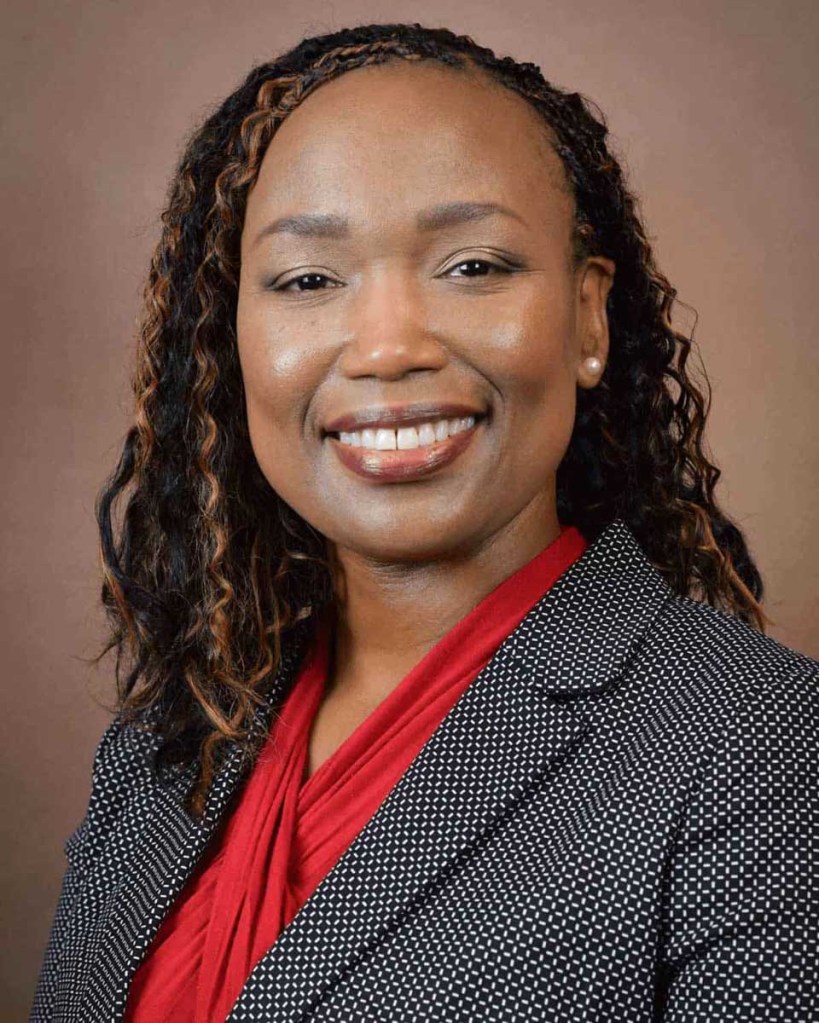PCOM doctor emphasizes COVID-19’s rural effects
Published 5:06 pm Tuesday, June 16, 2020

- Dr. Stacie Fairley.
MOULTRIE, Ga. — It started as a joke.
As PCOM South Georgia was going through accreditation, an accreditor told Dr. Stacie Fairley, assistant professor of microbiology and immunology at PCOM South Georgia, and some of her colleagues, “You guys probably won’t close because COVID-19 won’t be able to find you down here.”
They laughed of course, but the realization is that rural areas are twice as susceptible to the virus in comparison to metropolitan areas, Fairley said.
A thought came to her, though: If you can joke like that then you might not fully grasp the stakes rural areas face. And so she came up with her presentation, “COVID-19 and Its Impact on Rural Communities.”
“Some of my colleagues weren’t in rural areas and I just wanted them to understand that the essential workers, the farmers and the small businesses — they’re the backbone of this country,” she said.
If they close down or something along those lines, it can not only shut down towns but have cascading effects across the nation, she said.
Taking the South Dakota Smithfield Foods pork plant that shut down on April 17 for instance, Fairley used it as a prime example. Just about 406 cases of COVID-19 were traced back to the facility.
Now, a meat shortage is being rumored. This isn’t the result of that one facility, rather a result of similar facilities as a whole. A majority of those facilities are in rural areas.
“A lot of my colleagues didn’t even know that and that’s why I emphasized even more so to wear your masks, wear your PPE, your gloves — take precautions,” Fairley said.
All it takes is one — one student, one worker, one citizen — to infect someone, especially in close quarters like schools and processing plants. It’s hard to social distance when you’re working on the assembly line.
So a fear comes in. Sure people get sick and then get better, but one, will they get better in time, and two, how long before they get sick again?
These are the questions an employer might ask themselves or their boards as Fairley fears jobs will move to an automated route.
Fairley did her post doc in Grenoble, France, and saw something she’d never seen before until she went to Washington D.C. after this experience.
“In the fast food restaurant there were two people — one gave you your order, one cooked your order — but the kiosk took your order,” she said. “You’d stand in line, put what you wanted on your burger, pay for it, get a print out ticket and you would go to the counter when they called your number.”
With COVID-19 ever-apparent, that is her fear because it’s not going away. It’s the new “superflu,” she said. But it’s also a fear because of how the U.S. treated its rural areas when coronavirus first came to the country.
Metropolitan areas were found to have more confirmed cases per capita than rural areas, so they received all the resources — PPE, ventilators and tests.
Meanwhile, rural areas, defined as a population between 25,000-50,000, didn’t have specifically allocated funds under the first CARES Act.
Randolph County, a rural area in western Georgia, was found with the most COVID-19 deaths per capita in the U.S.
“People had forgotten about rural America,” Fairley said. “The government had forgotten about rural America.”
They forgot that rural America doesn’t have good internet or cell service, so when telemedicine became the option for metro areas, it wasn’t one for rural areas.
Coming from a small town in Mississippi herself, Fairley attests to that. Whenever she goes home, there’s barely any cell service. The third CARES Act gave funding for rural areas and broadband internet, however.
So, was it too little too late? No, she said, and helping people understand what’s needed is the first step.
The two week period of April 13-27, according to Fairley’s research, saw a 125 percent increase in coronavirus cases — from 51 cases per 100,000 people to 115 — and a 169 percent increase in deaths — from 1.6 deaths per 100,000 people to 4.4.
With a conglomerate of more than 100 colleagues from all three of PCOM’s campuses tuning in to her presentation, Fairley said she wanted them to understand that these people are struggling
“Two of our campuses are in metropolitan areas so I wanted [them] to understand what’s happening not only here in Moultrie, Georgia, but in other rural areas,” she said.





